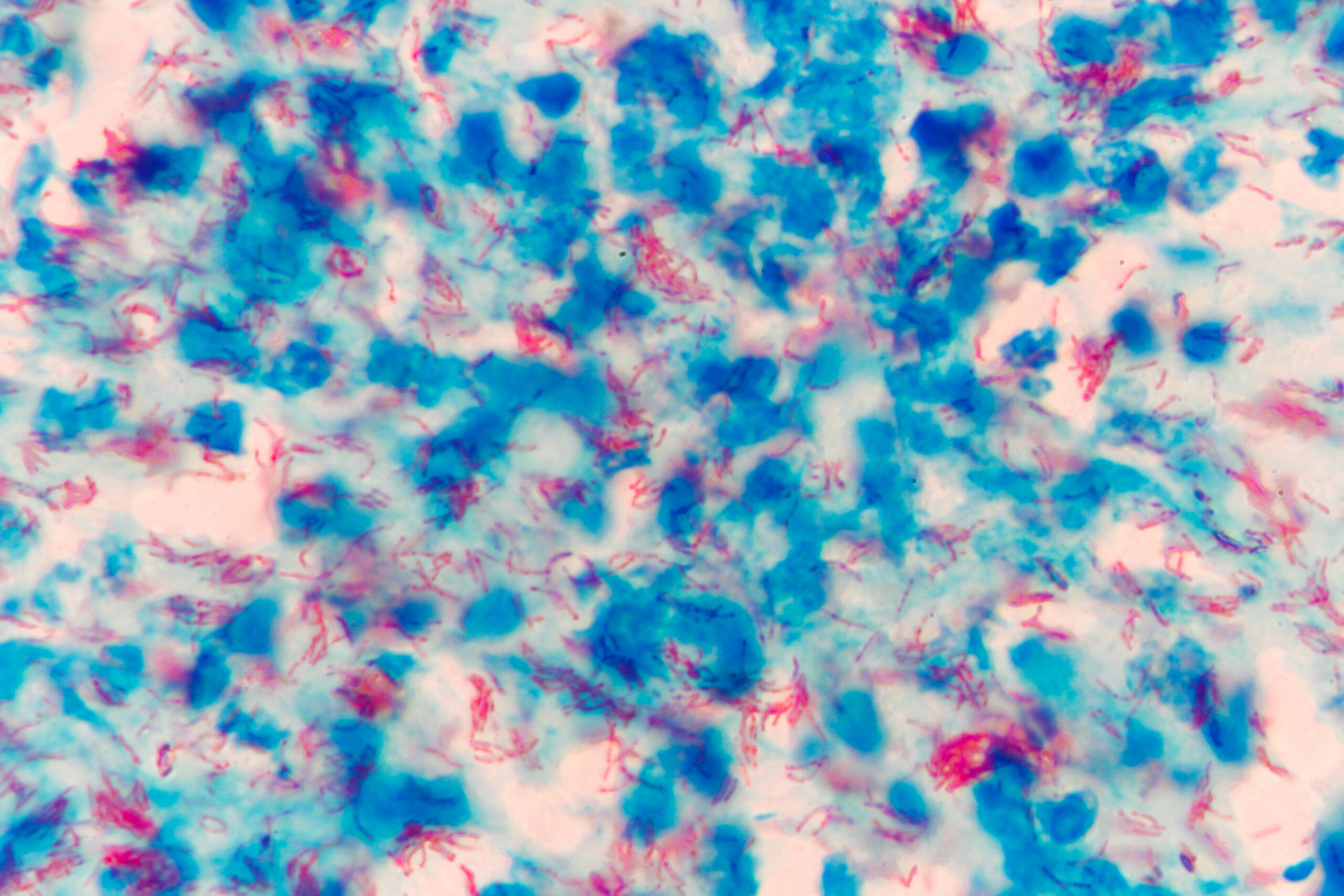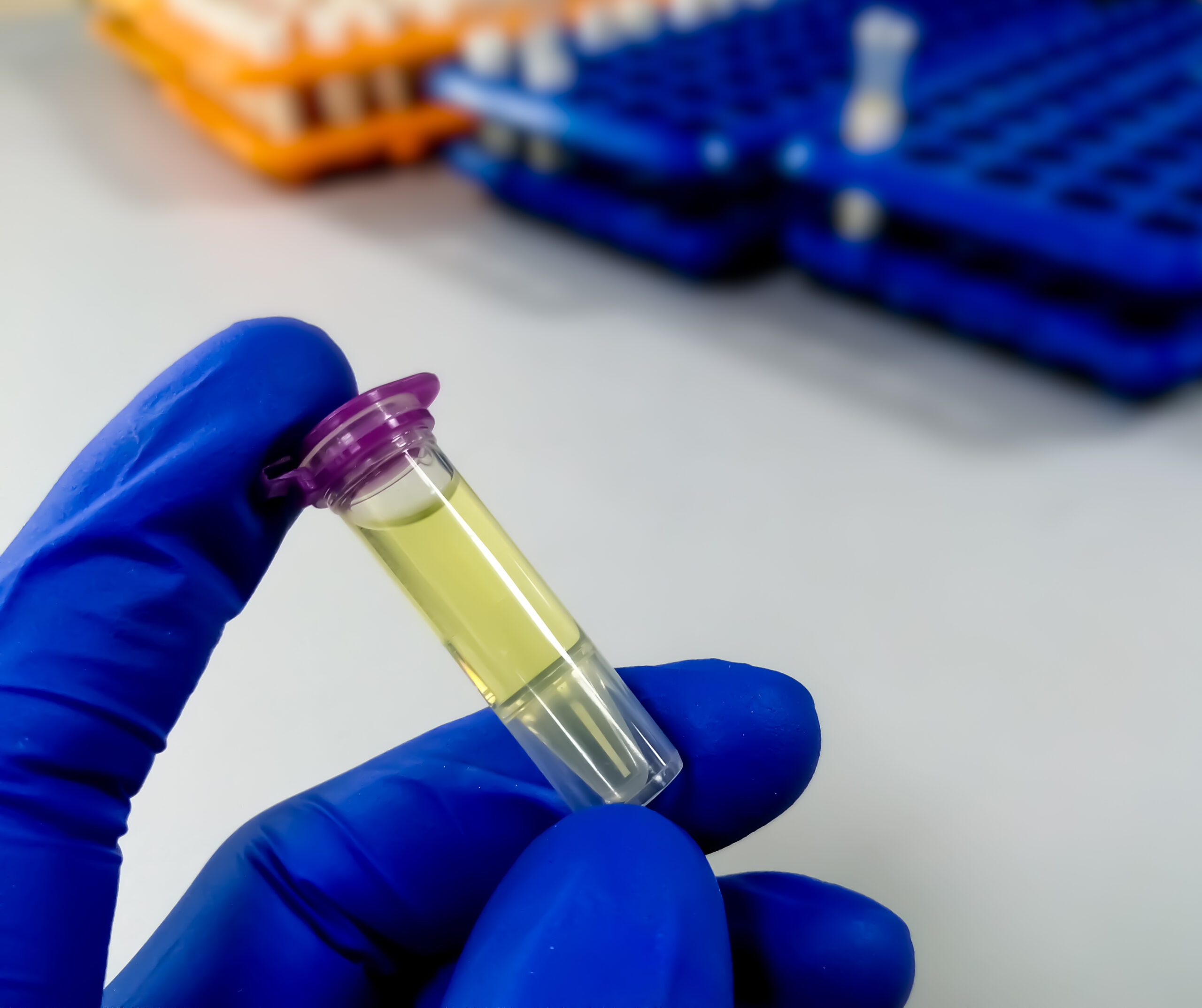What is tuberculosis?
Tuberculosis is a disease caused by bacteria called Mycobacterium tuberculosis. Once the bacteria has entered the body, it has a predilection for attacking the lungs, however, it can also affect the kidneys and the brain.
The bacteria can be spread from one person to another through the air. A person with tuberculosis can be contagious when they kiss another person, share utensils when eating, sneeze or cough, that is, whenever there is contact with the saliva of a person with tuberculosis.
The symptoms that usually appear once infected are tiredness, weight loss, fever, chest pain, bloody expectorations and difficulty breathing.
Process to carry out the study
You only have to schedule an appointment in any of the means mentioned at the end of this page, the sample is through CSF or sputum.
Technique: PCR (polymerase chain reaction).
Type: qualitative (detection).


